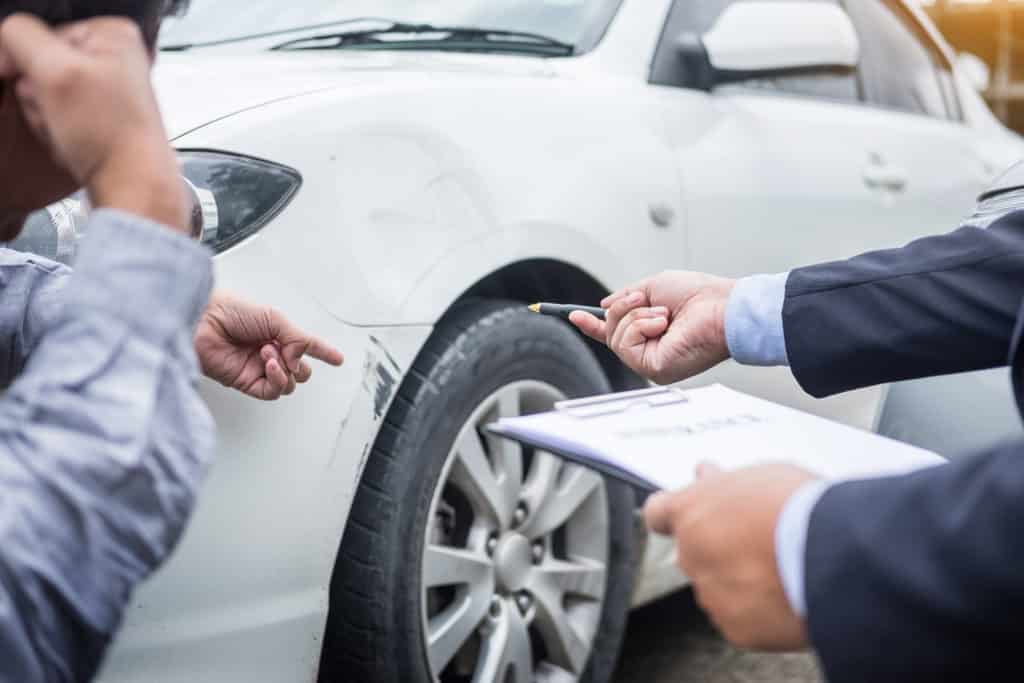It’s nerve-wracking to get into an accident, and when it’s a small “fender bender,” your immediate thought is about the hassle of insurance and cost of repairs.
Standard protocol calls for working with insurance companies, but sometimes there are certain circumstances that, depending on the accident and the other person involved, may be easier to fix out of pocket rather than going through insurance. Many factors play into deciding whether or not a person should go through insurance or out of pocket, so while there is no hard-fast rule, here are a few guidelines to go by.
Seriousness
If no one was injured, and the damage is minor, talk to the other person involved about the possibilities. If you were the one at fault and it looks like something you feel you could pay for out-of-pocket, you can explain and negotiate the terms for paying for the damage yourself.
If the other party is in agreement, you can continue to proceed towards getting an estimate and later confirm if paying for it yourself would still be worth the risk of paying higher rates if you contacted insurance.
Know that it is still ethical not to report the accident if the damage done is not that serious, and some police officers won’t even come to the accident site if no one was injured and very little damage was done. You will want to look up the guidelines for your State however, as some States require a specific minimum cost of damage to be reported within a certain number of days.
Communication
It takes a lot of trust in a stranger, and communication is key to understanding reasons and procedures for going outside the norm. If the other driver is at fault and they don’t want you to bill their insurance, it is still a good idea to get their insurance information in case they do not hold up their side of the bargain and pay the estimated repair costs.
If you are at fault, be willing to give them the information they need, but help them understand that you are willing to pay out of pocket, and discuss the logistics of how and what you are going to pay. This is where you discuss how many places it is reasonable to get an estimate from a collision repair shop to get an average price on the repair cost. Even after you have come to an agreement you will continue communicating to agree on how soon the payment should be made, and the method of payment.
Documentation
It is still a good idea to report the accident with the police since they are the ultimate official documentation of the accident in the case you go to court. If no one was injured and the incident was minor, sometimes police may not come. Regardless, you will want to take sufficient pictures of the damage incurred for proof of the incident in case further charges are made.
Vehicle Repair
While agreeing on the procedure is one thing, repairing the car is another. It is standard protocol to get at least three estimates, and if the initial damage (seen or unseen), is more than the person at fault is willing or able to pay, you can still decide to go through insurance. This takes the most time in order to assess the damage and wait for the car to be repaired.
Resolution
Once you have settled your agreement, the car is fixed and the payment is made, keep the documentation you have on hand. If you were the person at fault, you can ask the other person to sign a document saying they will not file for any more charges if later injuries are discovered to help protect you from later charges. If injuries were incurred, it is not the kind of accident to be reported outside of insurance.
Not everyone is comfortable with paying out-of-pocket for a small accident, so know that you can file an insurance claim for every accident to be safe. But with certain small incidents, it can also be appropriate to settle the difference without the authorities if both parties are in agreement.

